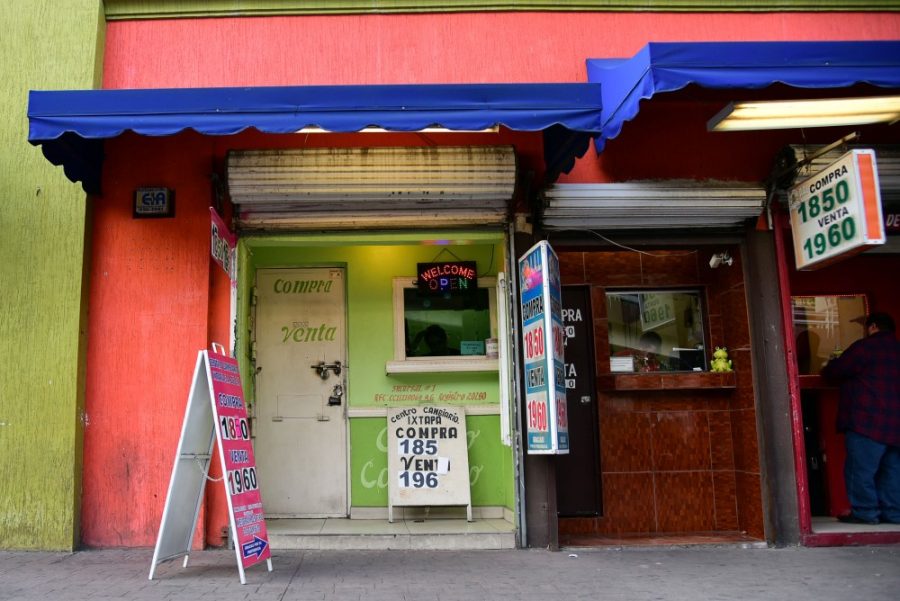The Mexico Academic Mobility Assessment Committee released its first report detailing the challenges and opportunities college institutions have when it comes to studying abroad in Mexico.
The Global Next Door report was created by an eight–person committee chaired by Mike Proctor, UA vice president of Global Initiatives.
The report considers Mexico’s culture rich and diverse, and says the country leads academic mobility opportunities. For institutions in the U.S. and Canada, providing expanding programs and safe practices when traveling are the main objectives for students studying abroad.
RELATED: UA students recount election reactions from abroad
According to the committee report, “this initial MAMAC report seeks to clarify perceptions related to security and infrastructure, two frequently stated reasons U.S. and Canadian institutions look elsewhere for study abroad.”
Currently only 1.5 percent of university students in the U.S. participate in studying in different countries and the report aims to address these concerns.
“In 2013-14, only 4,445 U.S. students studied abroad in Mexico as compared to roughly 300,000 U.S. students studying worldwide and 38,250 students who studied in the United Kingdom alone,” the report states. “Too often cost and distance from home prevent students from studying abroad.”
There are misconceptions regarding infrastructure and security when traveling.
“What we find is there is a lot of misconceptions about the travel warning,” said Erin Chadd , UA Global Initiatives director of special projects. “Not necessarily at the UA, but across the country, so it’s really about debunking some of the myths.”
Chadd also said that many people believe that a travel warning given by the U.S. Department of State means they cannot travel.
One guideline takes into account what specific parts may be impacted and accurately point out the many places that are safe to travel.
Chadd said that UA has never put a full restriction on traveling to Mexico and has worked on how to eliminate these misconceptions.
“Basically it’s a communications effort, [and] this report is the first step in that process,” Chadd said. “Then hopefully we will have follow-up reports, different workshops and talking to people and just making sure people realize that because a travel warning is in effect for Mexico does not mean all of Mexico is under the same level of safety risks.”
RELATED: Tech.Global exposes students to VR, big data on an international scale
Currently, UA’s students and employees still travel to Mexico frequently. The report cited there have been over 1,000 official trips including study abroad programs in 2015.
“MAMAC’s ultimate purpose will be to develop mechanisms for educating U.S. and Canadian universities regarding the ability to work or study in Mexico and to assure the most open and effective travel practices,” Proctor wrote in the report.
The report establishes general best practices by opening lines of communication, not only across other institutions, but starting campus-wide at that particular institution.
“Cross-campus perspectives are important to include in the determination of risk tolerance, international travel policies, procedures and travel review,” the committee wrote.
Chadd believes UA will build upon opening lines of communication even further.
“We share our best practices and we look at other institutions’ best practices and see what we can implement here,” Chadd said.
When it comes to implementing the best practices, she said every institution is different and they must find their own best way of operating.
“Really it’s a matter of the different institutions creating what works for them,” Chadd said. ”Because a lot of offices have different staffing levels, [there are] different ways to be able to handle these things.”
One thing UA will build on is highlighting the successful trips when students studied abroad, according to Chadd.
“[We’re] also giving more examples of successful programs in Mexico that are provided by different institutions across the country,” Chadd said. “So really showing people the wide range of different types of programming that can be done.”
Follow Shaq Davis on Twitter.









